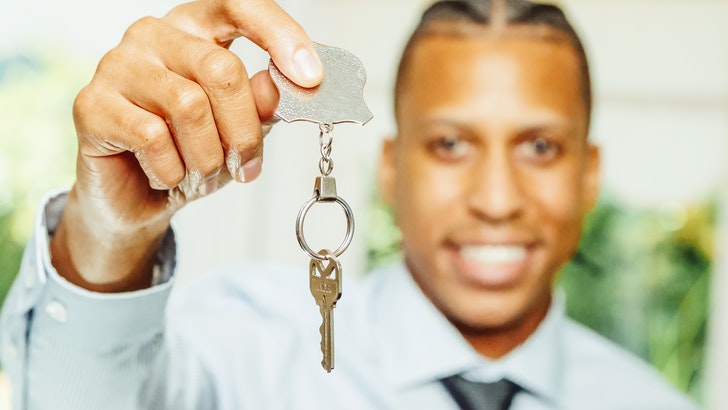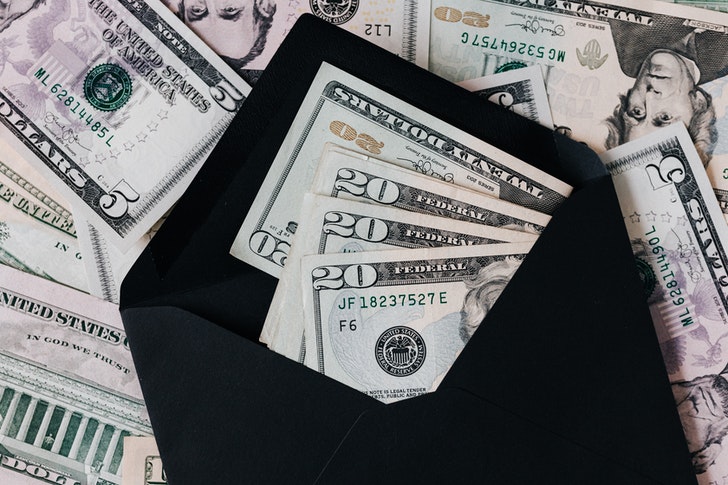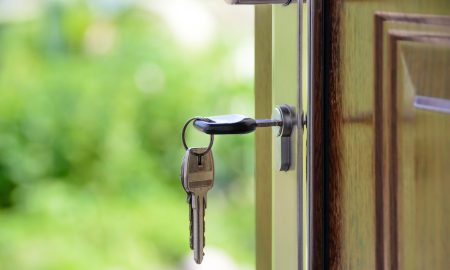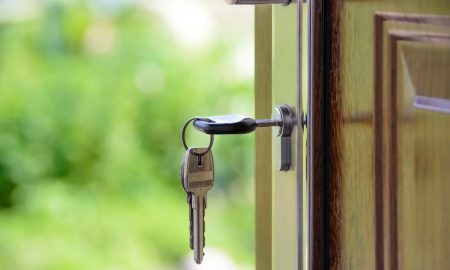
How to Fix Mortgage Rates

Most of us don’t have the kind of cash necessary to buy or fix up a home available at our disposal. That’s where a mortgage comes into play. Whether you’re buying your first home, making improvements to one or looking to invest in a rental or vacation spot, your next mortgage can help make your goals a reality.
To get there, though, it’s crucial to get the best possible mortgage rate. The rate and terms of your mortgage matter, since these factors can dramatically impact the total amount you spend. Lower your rate by a percentage point or two, and you’ll save thousands in interest over the course of the loan.
Get the appropriate mortgage

Kindel Media/ Pexels | Mortgage allows you to build equity and make a profit on your home
Mortgages have either fixed interest rates or adjustable rates. Fixed-rate mortgages lock you into a consistent interest rate that you’ll pay over the life of the loan. The part of your mortgage payment that goes toward principal plus interest remains constant throughout the loan term, though insurance, property taxes and other costs may fluctuate.
The interest rate on an adjustable-rate mortgage can change over time. An ARM usually begins with an introductory period of 10, seven, five or three years (or even one year), during which your interest rate holds steady. After that, the rate may change periodically.
Save for a bigger down payment

Karolina Grabowska/ Pexels | The property serves as collateral to secure the loan
When you make a small down payment on a home, the lender considers you a higher-risk borrower than someone who makes a larger down payment. One place where you’ll see lenders account for this risk is with private mortgage insurance. If you put down less than 20% on a conventional loan, you’ll usually have to pay private mortgage insurance premiums. Until you have enough equity to cancel it, private mortgage insurance will affect you the same way a higher interest rate would: by increasing your monthly payment and your total borrowing costs.
Saving up for a bigger down payment can help you avoid PMI altogether. Even if you can’t put 20% down, you can pay less for PMI with a larger down payment. On top of that, a larger down payment can actually get you a lower interest rate.
Improve your credit score

Kindel Media/ Pexels | A mortgage is a great option to purchase a home
A lower credit score won’t automatically bar you from getting a loan, but it can be the difference between getting the lowest possible rate and being hit with more costly borrowing terms. The best mortgage rates go to borrowers with the highest credit scores. In general, the more confident the lender is in your ability to repay on time, the lower the interest rate they’ll offer.
To improve your score, pay your bills on time and pay down or eliminate those credit card balances. If you must carry a balance, make sure it’s no more than 20 percent to 30 percent of your available credit limit. Also, check your credit score and report regularly and look for any mistakes on your report. If you find any errors, work to clean them up before applying for a mortgage.
More in Pocket Change
-
`
Santo Spirits: Sammy Hagar and Guy Fieri’s Joint Venture
In the world of business partnerships, some combinations might seem unconventional at first glance. But when you delve deeper into the...
November 16, 2023 -
`
Everything You Need to Know About Mortgage Rate Lock
You have probably embarked on the exciting yet nerve-wracking voyage of purchasing a home. Amidst the sea of paperwork, open houses,...
November 9, 2023 -
`
7 Effective Ways to Make Your Business More Sustainable
In an age of rising environmental consciousness, making your business more sustainable isn’t just a trend; it’s a necessity. Sustainable practices...
November 3, 2023 -
`
Housing Market Going Up? Then Why Not Rent?
“Buy a house! It is the best investment!” How many times have you heard that? Probably enough to make a drinking...
October 29, 2023 -
`
Surprising! Celebs Who You Didn’t Know Had a Master’s Degree
When it comes to celebrities, we often associate them with glitz, glamour, and blockbuster movies. But did you know that some...
October 17, 2023 -
`
Navigating the Housing Maze: The 7% Mortgage Rate Quandary
If there is one thing that this year has thrown our way (apart from those fascinating tech gadgets we did not know...
October 12, 2023 -
`
Where to Buy a House in the U.S With a $100K Salary
Got a cool $100,000 annual paycheck in your pocket? Cheers to that accomplishment! With such a financial cushion, dreams of homeownership...
October 6, 2023 -
`
The “Grave” Housing Crisis Forcing U.S. Homeowners to Sell Their Houses
Every culture has its dreams and aspirations. For those living in the United States, it has traditionally been an idyllic house, spacious and...
October 1, 2023 -
`
Why Private Equity is Betting Big on Hollywood
Hollywood has long been a glamorous yet unpredictable industry. But what is new in Tinseltown? Private equity investments. Yes, that is right!...
September 19, 2023















You must be logged in to post a comment Login